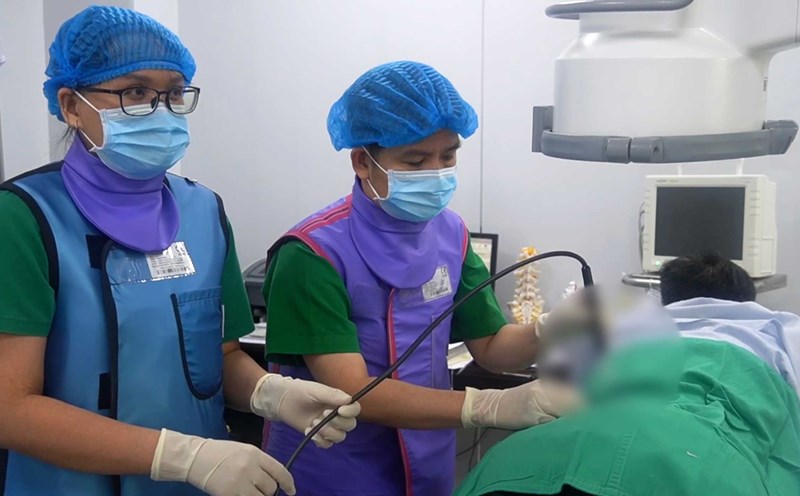Green tea combined with vitamin B3: Effectiveness in animal research
A study published in the journal GeroScience has shown that the combination of epigallocatechin gallate (EGCG), the main antioxidant in green tea, and nicotinamide, a form of vitamin B3, has the ability to restore guanosine triphosphate (GTP) energy levels in the brain of older mice.
According to the research team, GTP levels tend to decrease with age, and this deficiency is associated with impaired nerve function and Alzheimer's disease. After only 24 hours of treatment, the GTP levels in mice's brain cells returned to nearly the same level in younger cells. In addition, this combination also helps reduce oxidative stress and remove amyloid plaque, a factor that contributes to neurodegeneration.
We found that simultaneous supplementation of EGCG and nicotinamide can restore energy and protect nerve cells better than single use, said Dr. Gregory J. Brewer, professor of biomedical engineering at the University of California, Irvine, co-author of the study.
Challenges in the application and role of diet
Although initial results are promising, experts warn that oral use of vitamin B3 supplements may not bring the same effect in humans. Vitamin B3 is easily broken down by gut bacteria before it reaches the brain, explains Brewer. We are studying other forms of coating such as sticker, nasal drops or tongue amenorrhea to improve absorption efficiency".
In addition, a nutritious diet is still a key factor in maintaining brain health. "Instead of focusing on a single ingredient, we should adopt a comprehensive diet like MIND, which has been shown to reduce the risk of Alzheimer's," says radiologist, MS, nutritionist and spokesperson for the Institute of Nutrition and Dietetics (USA).
The MIND diet encourages the consumption of leafy greens, berries, whole grains, seafood, poultry, olive oil and nuts, many of which are natural sources of vitamin B3.
Green tea and the brain: How to drink it to get benefits?
Some studies observed in humans show that drinking green tea regularly can improve memory, reduce anxiety and lower blood pressure. However, scientists emphasized that single green tea cannot replace the combination with vitamin B3 in this study.
Memory requires a large amount of energy to maintain memory function. Therefore, the antioxidant effects of green tea alone are not enough, we also need a stable supply of energy," Brewer added.
However, maintaining the habit of drinking green tea along with a balanced diet rich in vitamin B3 can be a possible step to protect the brain from the risk of aging.









